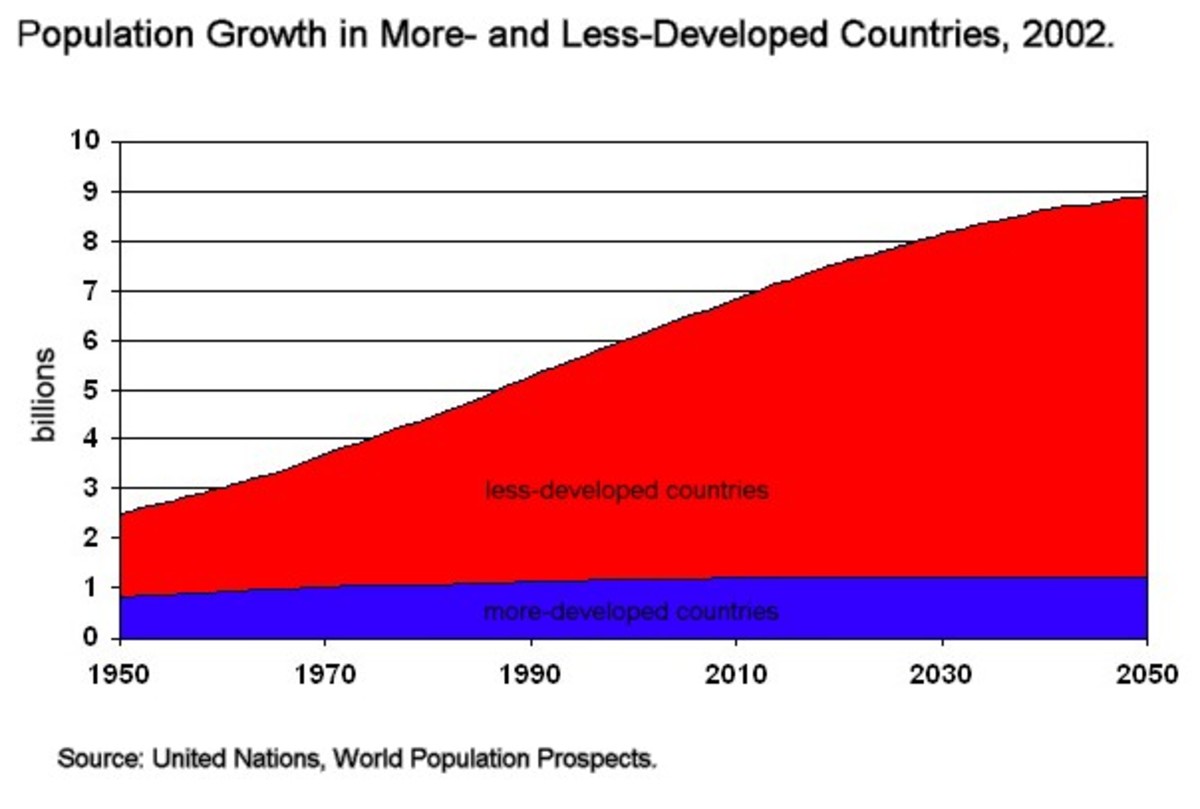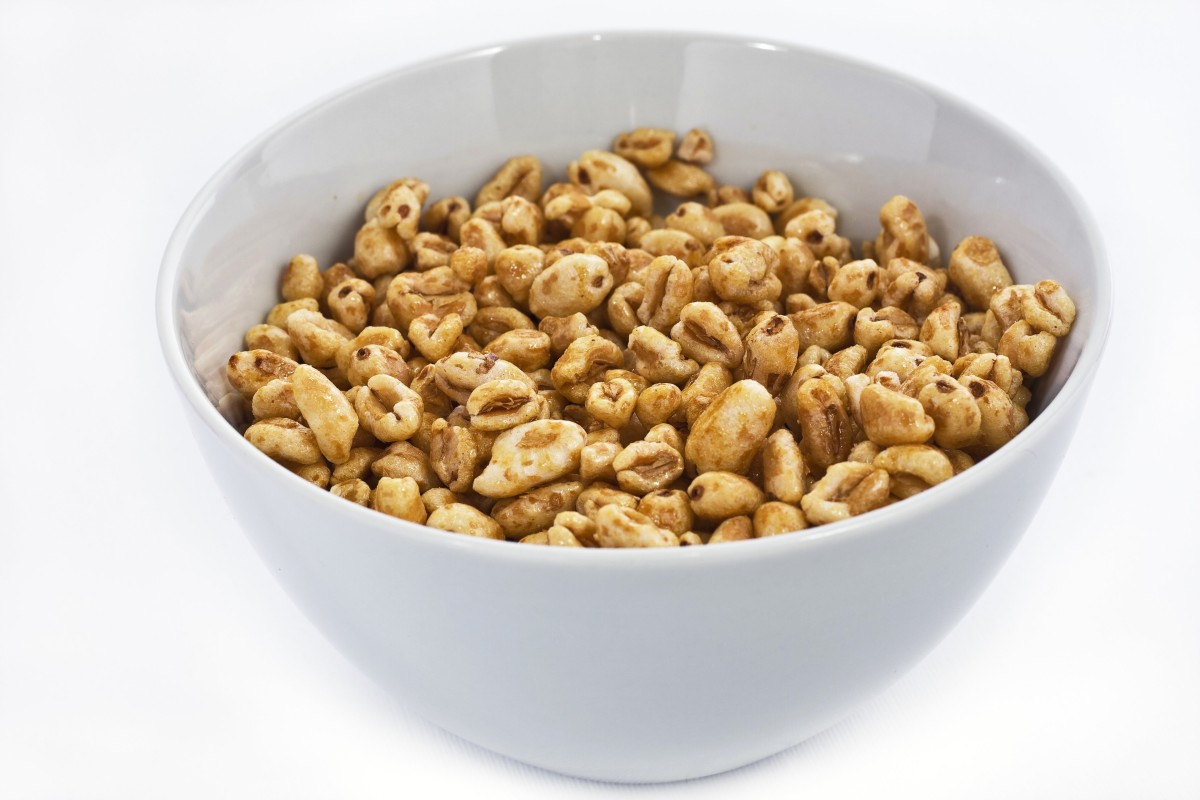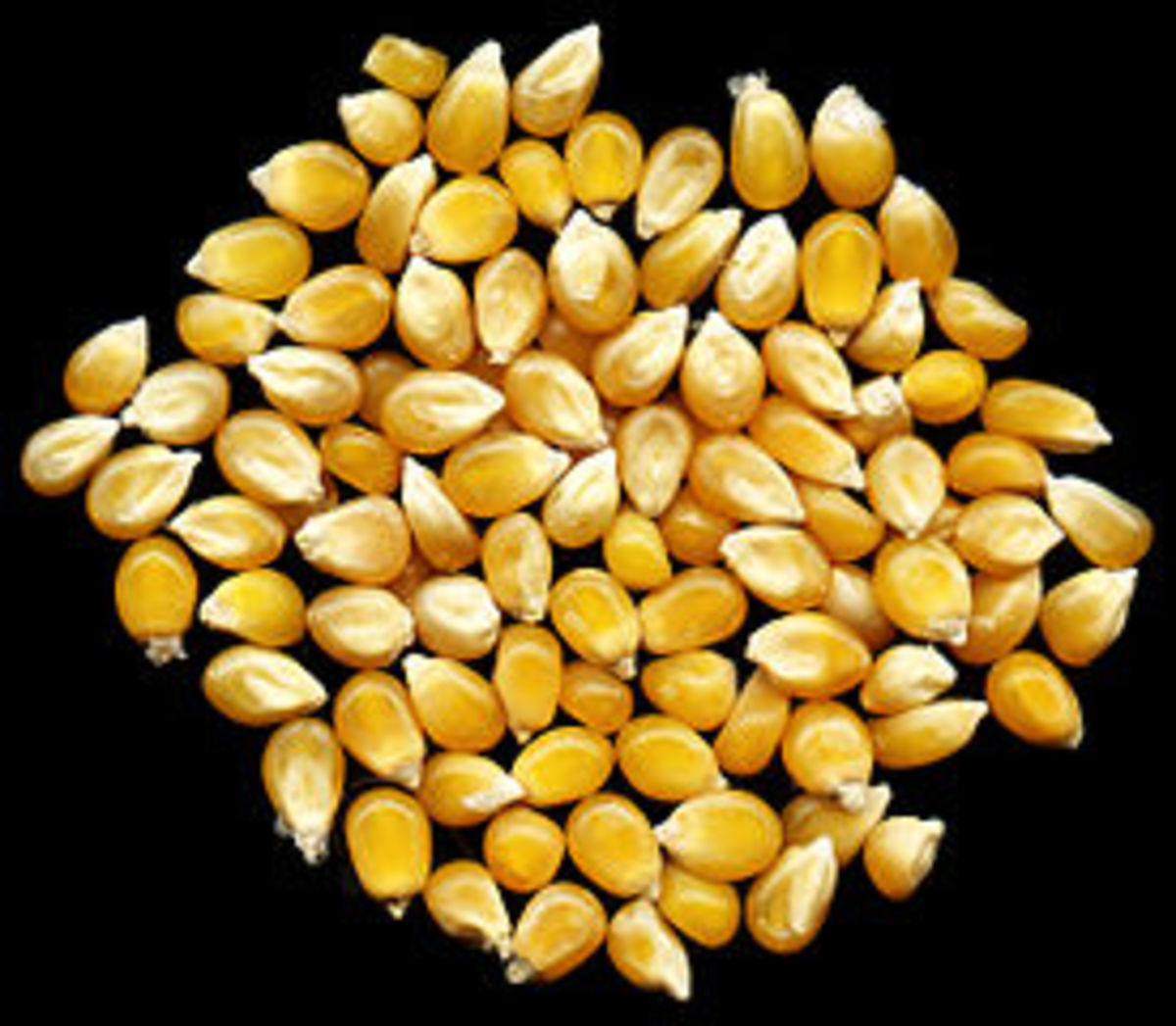Food crisis in world
Food crisis in world
Mahatma Gandhi:
“There are people in the world so hungry, that God cannot appear to them except in the form of bread.”
Introduction:
Food is the material that we eat to satisfy our appetite. It essentially consists of protien, carbohydrates and fats. It meets the physiological needs for growth, maintains various processes of body, keeps our bodies warm and supplies us with energy. It is one of those vital factors that ensure human existence.
How it started:
The 2007-08 crisis had its origins in the rising world market prices of food commodities, in particular of wheat, rice, soya and maize, resulting in an increase in the cost of food imports and in the percentage of household budgets devoted to food. The rising prices of foodstuffs had repercussions on local markets and fuelled an unprecedented increase in the number of hungry people in 2007, 2008 and 2009.The food crisis has sparked an unprecedented rise in the number of hungry people around the world. Africa is currently facing the worst food crisis. Millions could die in the coming months.
The collision of climate change, population growth and regional conflict has created massive food shortages across multiple countries in Africa. While the cause varies from country to country, the needs are largely the same—immediate provision of food and water, as well as long-term solutions that address the root causes.
Causes of the food crisis:
- Increasing demand from the middle classes in emerging countries:
One of the first cause was the growing demand for meat and milk products from the middle classes in emerging countries. From four to 10 kilograms of cereals are needed to produce a kilogram of meat; four kilograms are needed to produce a litre of milk. The growing demand from the Chinese and Indian middle classes automatically boosts the demand for cereal resulting in food crisis.
2. Less food produced owing to the climate and natural catastrophes:
A second explanation, soon brought forth, attributed the decrease in the cereal supply to climate change: several years of droughts in Australia and many African lands, repeated flooding in Asia, hurricanes in Latin America and the Caribbean Basin was also the main cause of food crisis.
3. The production of biofuels:
In recent years billions of dollars, mainly in the United States (US) and the European Union (EU), have been devoted to subsidising biofuels. A third of the production of maize in the US, the leading exporter of this crop on the world market, went to biofuels in 2007. Biofuels have reduced the cereal supply on the world market, a trend exacerbated in 2008 when oil prices shot up. According to a World Bank report, biofuels accounted for 70-75% of the rise in food prices from 2002 to 2008, mainly because of the reduced supply of food and the replacement of crops for food with crops for biofuels.
4. The rising price of oil:
Food and oil prices have always been tightly correlated because producing and transporting food necessitates a large quantity of energy of this can be found in 2007 and 2008, when food prices reached their highest level on the world market at the same time as oil prices, i.e. up to USD 120-150 per barrel between April and July 2008 and thus the result was the food crisis.
5. Water problem: Water is the most essential element for the growth of all crops.But unfortunately, many countries of the world lack sufficient water for ample growth of food stuff.The people living in arid regions face severe scarcity of water. This results in limited food-production that consequently leads to terrible drought. Arable land is continuously shrinking. Canals of water are necessary for the irrigation of land. Without them, the land would remain largely uncultivated and barren. However, occasionally these canals raise the salt level which sometimes renders the soil unusable.
6. Food security:
Food production must keep pace with the increasing growth of population. Owing to green revolution, the world has succeeded in coping with the problems of food.We have managed to produce bumper crops by using irrigation,fertilizers,pesticides and new seed varieties.But in future the food production may not keep up with the rapidly growing population.To control population growth is important to ensure food security but low population growth does not guarantee food security nor does high population growth causes food insecurity. Sometimes food security is affected by other food -related factors. Such factors include adequate market, sound highways, food transportation and food-storage. Sometimes war or political strife causes food crisis. Sometimes grain supplies are affected by our reliance upon a small number of crop varieties. Agricultural needs diverse crop varieties to provide stable food supply so that the failure of one or two crops may not cause food shortage.
Conclusion:
The world can decipher food crisis by strategic planning and effective management. They must take suitable steps to eliminate the factors that causes low food production. Then without food security ample food production would be ineffective. Food security is even more crucial than food production to defuse crisis.
A British writer Richard Jefferies writes:
"I verily believe that the earth in one year produces enough food to last for thirty. Why, then, have we not enough?"

© 2020 Muhammad sohail sarwar








